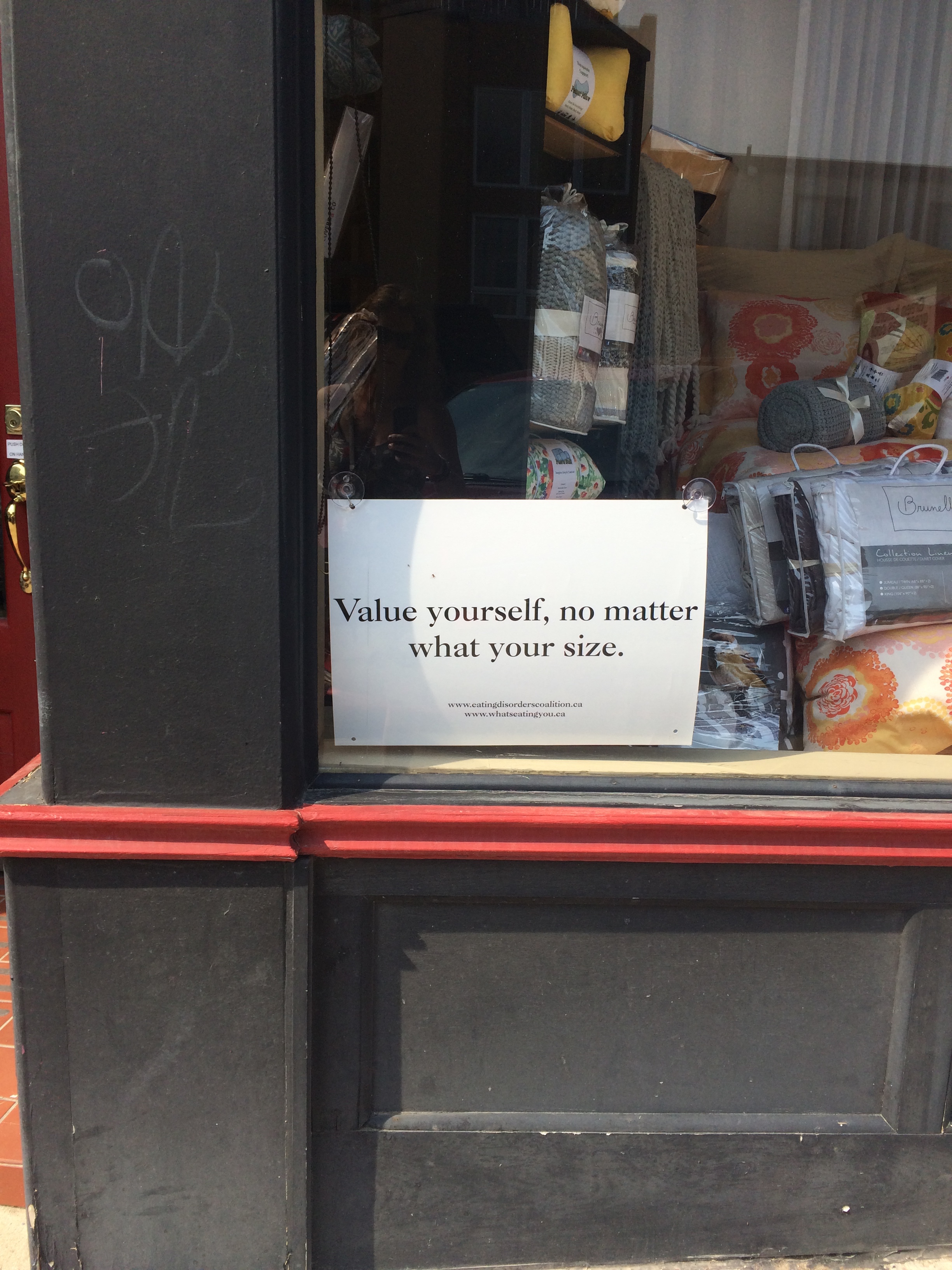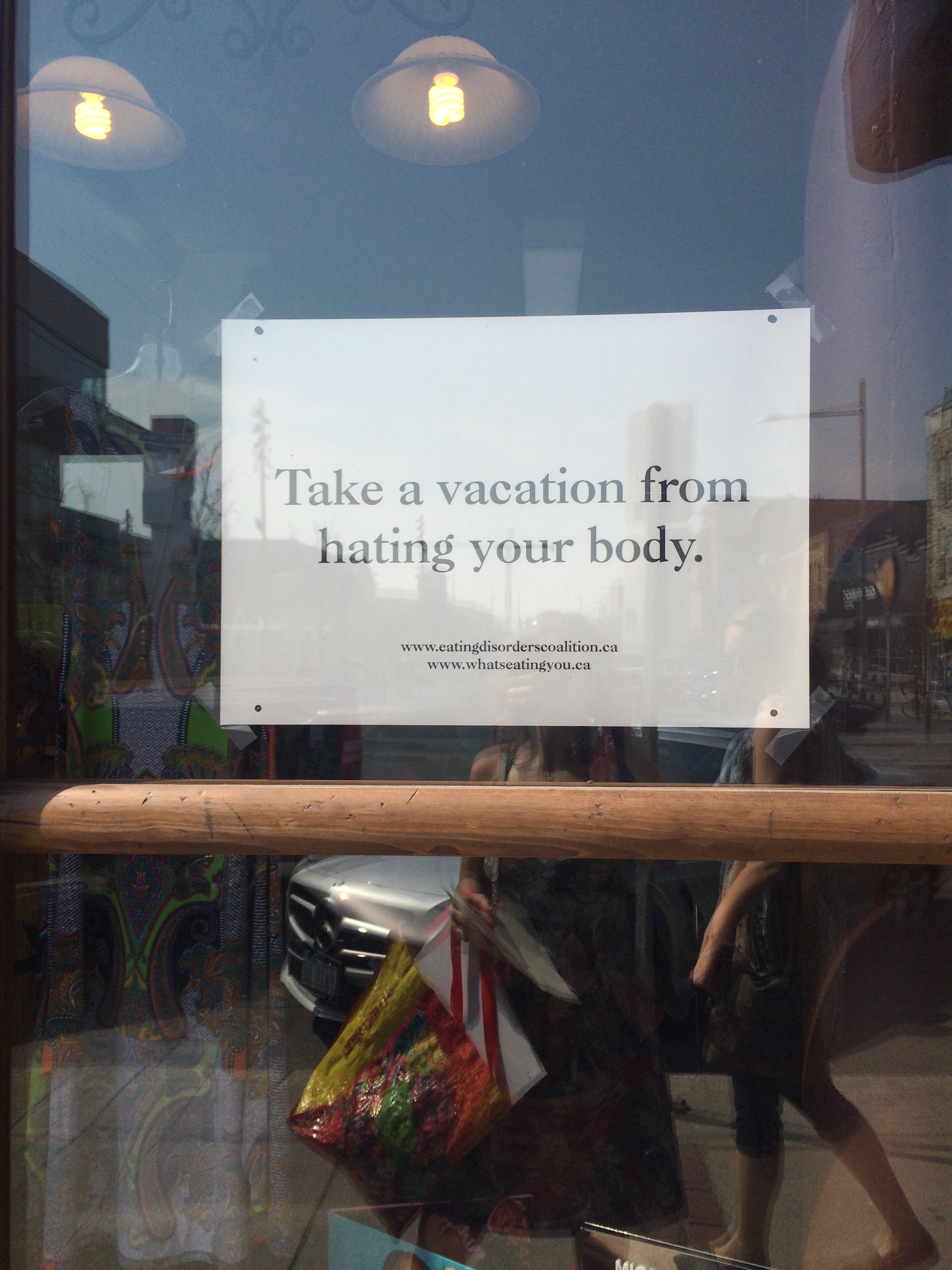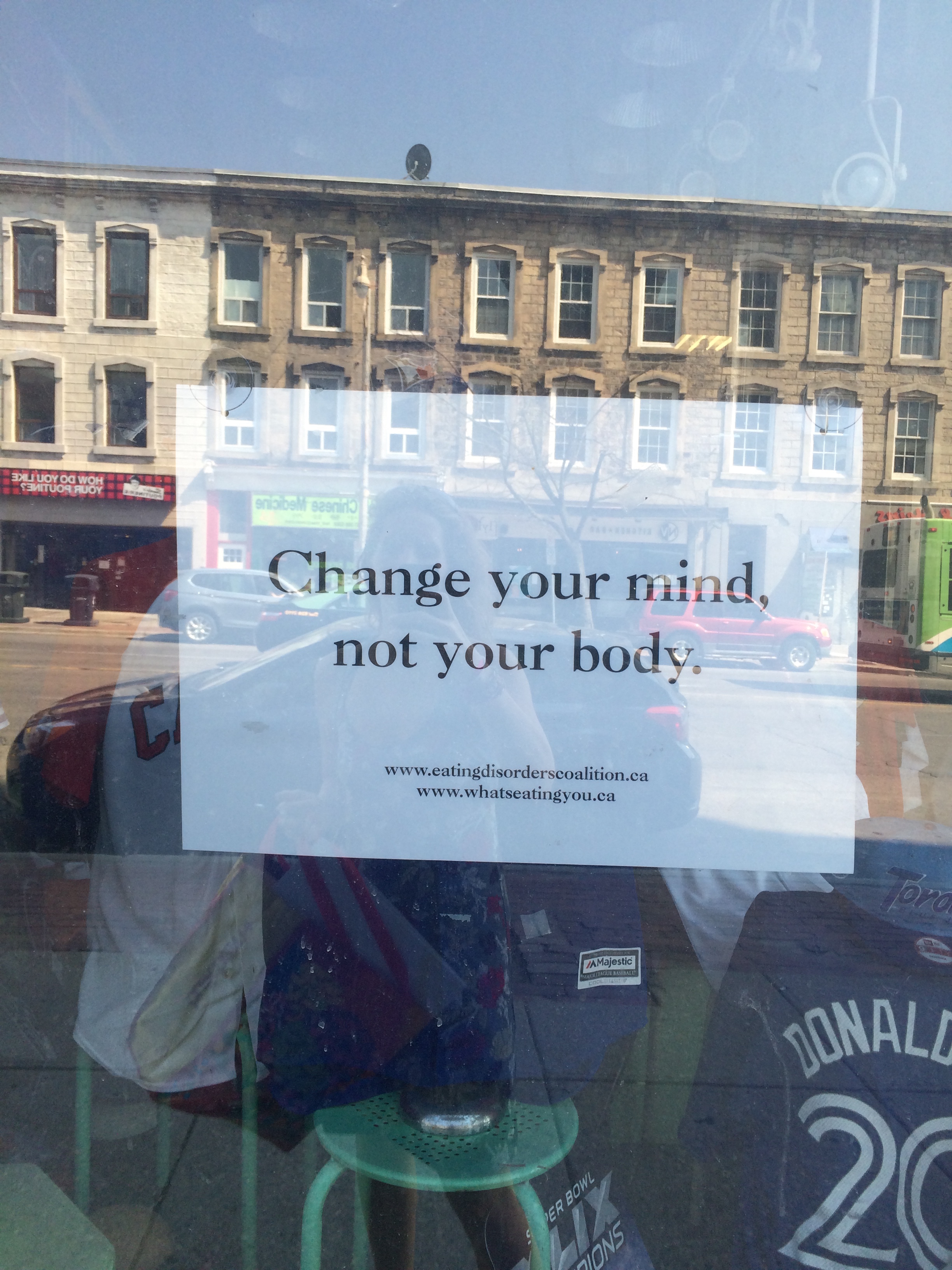***This post contains graphic content. Reader’s discretion advised***
In April, I had the opportunity to hear Aron Ralston speak. Remember him? He’s the dude that the movie, 127 Hours, is based off of. He is also the author of Between a Rock and a Hard Place. A quick synopsis, which doesn’t do the actual experience nor the movie justice, goes like this. Aron, a mountaineer, went for an easy desert trek over the course of a few days. For him, this trek felt like playing in the familiarity of one’s back yard, in comparison to his more intense treks, such as climbing all of Colorado’s ‘fourteeners’, solo… in the winter. He didn’t bother to tell anyone where he was going. Descending into a slot canyon, a bolder dislodged, pinning his right arm against the canyon wall. He stayed there for 5 days and 7 hours, before finally having to break the bones in his arm before cutting it off with a cheap pocket knife. Detached from the bolder, yes... out of the woods yet... no. He later rappelled down a 20m sheer cliff before stumbling upon a family who was hiking in the dessert who helped him reach safety, in addition to a search and rescue put in place through the efforts his mom.
Exhale…
As I sat there listening to his experience, I could not help but think about some of the parallels to recovery. Before I continue, my intention isn’t to cheekily drum up parallels for the sake of tying these two experiences together (side note: the investment company that hosted the event introduced Aron by talking about how being in investments can often feel like being caught between a rock and a hard spot when working with GIC’s and the stock market… um… ok…). My intention is to encourage, motivate and validate the experience of recovery. Here’s what stood out for me.
#1 Recovery can often feel like being stuck between a rock and a hard spot… especially early on. It can feel like no matter what you do, or don’t do, you still feel stuck. Your parents beg you to have dinner, while the eating disorder is screaming at you not to. The eating disorder that used to bring comfort and control, has since imprisoned and controls you. You know you can’t continue in your eating disorder, but the thought of leaving it or life without it seems impossible. I think this is where hope comes into play. Hope that the possibility at least exists, even if you don’t know how to get there. As a therapist, it’s my job to hold that hope for you until you are ready to take it on as your own. The same goes for the family and friends who are supporting you.
#2 Difficulties and struggle help broaden your perspective. It just so happened that the day of Aron’s talk, it was day 4 of his ordeal that took place in 2003. This was the hardest days for him. On this day, he was drinking his own urine as he had run out of water. This experience has been a source of perspective for him all these years later. He uses having to drink his own urine as a bench mark to gauge the severity of current situation. For example, is being stuck in traffic, which is making you late for a meeting, worse than drinking your own pee? How about having to eat the rest of your sandwich that is in front of you? Is drinking your own pee worse than weight gain? Inpatient treatment? Taking a semester off school in order to get help? I’m not minimizing the difficulty in making decisions/choices regarding health and recovery. It is a real struggle and for some, drinking pee may be the less scary choice. My point is, when we move past the struggle, it can help shed a different perspective on the present. It can act as a source of motivation. “If I could do ‘X’, than I can definitely do ‘Y’”; or “Doing ‘B’ is tough… but not as tough as ‘C’ was… I can do this!”
#3 Thinking of Positive Memories/Feelings in Difficult Times. When stuck in the canyon, Aron’s mind would wonder to memories that made him smile and feel appreciative. As a therapist, I encourage clients to do the same thing! Being aware of positive memories/feelings helps in changing our thinking. It acts as evidence against the ED lies that say we are umworthy. It also gives us hope for the future for when these times return… because they will! Being aware of what makes us feel peace, happiness, joy and contentment in the moment gives us a brief reprieve from the fight, in addition to increasing our awareness that ‘good’ does happen, despite the ‘bad’. These feelings act as a light shinning through the crack beneath the door. They let us know it still exists even though you may feel surrounded by darkness.
#4 You Are Stronger Than You Think. I talked with a friend of mine about Aron’s story as few days after the event. She raised a concern as we talked. She commented how as inspirational as his story is, it may lead many people to belittle their experiences because it wasn’t as drastic. Many more people struggle with an eating disorder (or other mental health issue) than those who have had to drink their own urine and cut off their own arm. The world is filled with such courageous individuals who have had to face their own bolders and/or cut of various aspects of their life in order to be well. Recognize your efforts. Recognize your strength. Recognize your journey! Just because a movie wasn’t made, doesn’t make it any less significant! In fact, it’s likely even more relatable… which can mean the world to someone who feels as though they are completely alone.
#5 Faith. There are too many things about Aron’s story, especially about the timing and circumstance of his rescue, for it to all be a coincidence. Whatever your belief or faith practice is, sometimes there are circumstances in life that we can’t explain or don’t understand. I think it’s partly because we don’t have all the pieces of the puzzle… maybe we aren’t meant to either. A common thread in those who struggle with an eating disorder often has to do with control. Sometimes, it’s important to let go of it and try to trust your faith… or the process. Trusting your faith doesn’t mean disengaging from the fight, sometimes it just means trusting in what it is in this moment… That maybe there are things at play that you are unaware of that are occurring simultaneously as you fight. You don’t know when or where these things may come together, but keep fighting until they do. Just keep in mind it might be different than how you thought it would.








